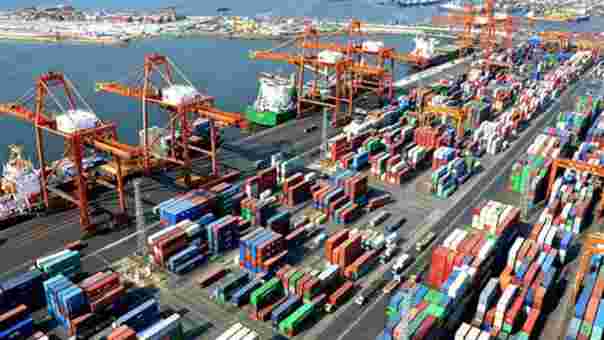Karachi, June 17, 2025 — The Sindh government has proposed several revisions to service descriptions and rates of Sindh Sales Tax (SST) as part of the Finance Bill 2025, including a significant increase in tax on freight services.
These changes, applicable from the fiscal year 2025–26, reflect the province’s broader agenda of refining tax categories and ensuring greater alignment with international classification systems.
One of the key highlights of the Finance Bill is the revision in sales tax rates for freight services. The tax applicable to freight forwarding agents and services related to the issuance of bills of lading has been enhanced from a fixed amount of Rs 500 to Rs 1,000, marking a substantial rise. This move aims to increase revenue from the growing logistics and transportation sector in Sindh.
In contrast, a wide range of other services have seen reductions in their respective SST rates, which the government argues will support business recovery and boost service sector growth. For instance, the rates for wholesale trade services such as auctioneers and automobile dealers have been reduced from 10% to 8%. Similarly, rental services for passenger vehicles and buses, previously taxed at 10%, will now be taxed at 8%.
Motor vehicle insurance services will benefit from the most dramatic drop, with rates slashed from 15% to just 5%. Licensing services for intellectual property, trademarks, and franchises—excluding certain CPC-coded services—will now be taxed at 8% instead of the earlier 10%.
Services such as security provision, cleaning, cable broadcasting, photography, and beauty care have also received rate cuts ranging from 10–15% down to 8%, which is expected to provide relief to both consumers and small service providers.
Healthcare services, particularly cosmetic and plastic surgeries, have also seen a tax cut, with rates falling from 15% to 3%. Sports and recreational facilities, beauty clinics, and real estate service providers will also benefit from similar reductions.
By rationalizing the sales tax rates and standardizing service definitions, the Sindh government seeks to broaden the tax base while encouraging compliance. These strategic changes outlined in the Finance Bill 2025 signal a more nuanced approach to tax policy, balancing revenue generation with sectoral support.
